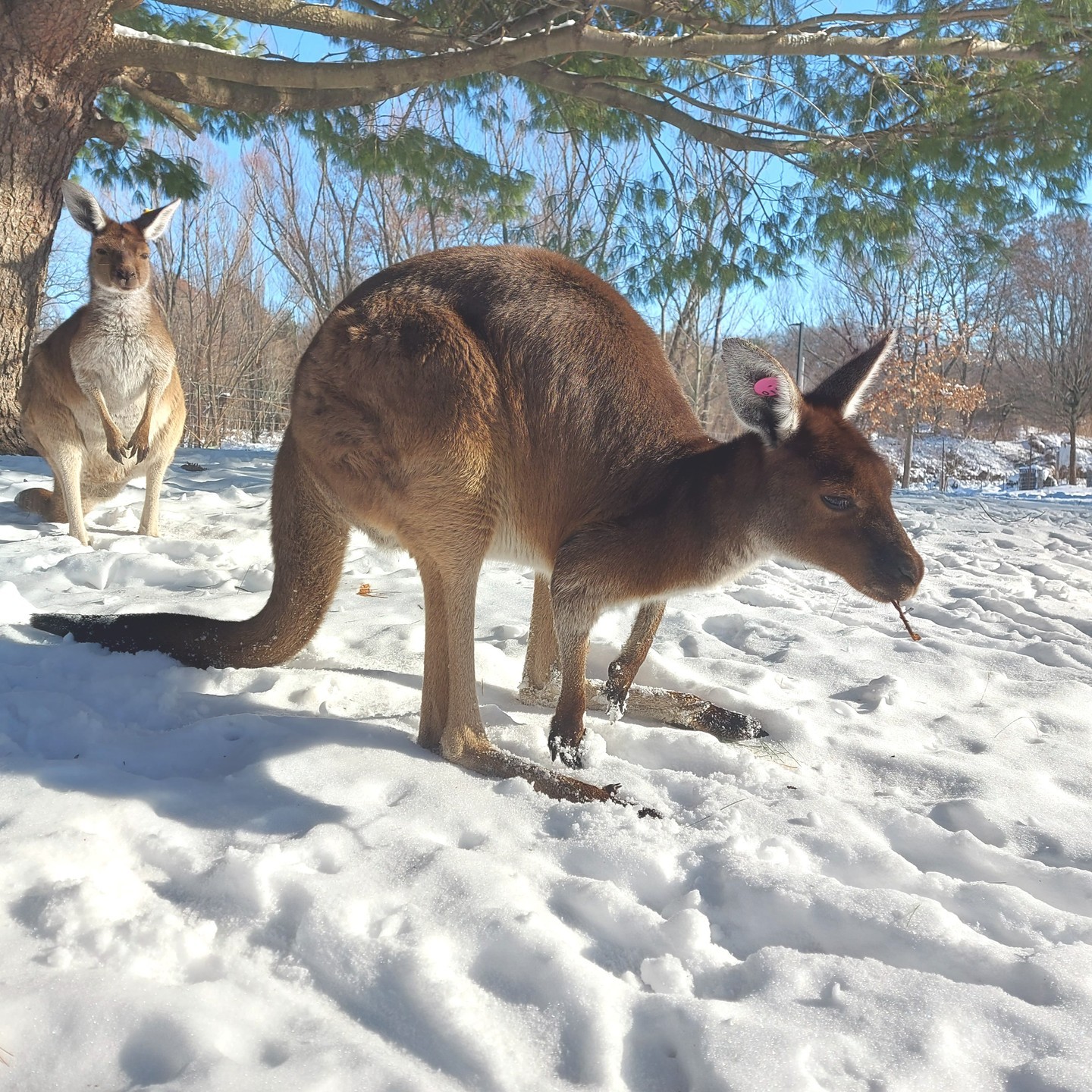- The introduction of Franklin Park Zoo’s Orchid Adventure and its significance in promoting botanical education and environmental appreciation.
- The importance of kangaroo and wallaby exhibits at zoos for public education and conservation efforts, with a focus on the Outback Trail.
- The role of zoos in wildlife conservation, animal welfare, and environmental stewardship.
- An exploration of the Tropical Forest exhibit and its contribution to visitor engagement and educational programming.
- The strategic design of zoos to enhance visitor experience while supporting conservation and education.
Franklin Park Zoo’s upcoming event, showcasing Orchid Adventure’s opening day, offers an opportunity to celebrate botanical wonders and introduce visitors to rich educational experiences. Orchids, as both tropical and temperate plants, play a crucial role in ecological systems. Hosting themes like Orchid Adventure emphasizes the importance of plant biodiversity and educates the public on the necessity of preserving such species. Through special tours, visitors gain insights into the lives of these complex plants, their interdependencies with pollinators, and their often precarious status in the wild. By engaging visitors through crafts and hands-on experiences, the event fosters a connection between the public and the complexities of plant conservation, underlining our collective responsibility towards sustainable practices and biodiversity preservation.
Visitors to Franklin Park Zoo have the chance to explore the Outback Trail, which features kangaroos and wallabies that provide a glimpse into Australia’s unique ecosystems. Exposing the public to these animals is more than an opportunity for entertainment; it builds awareness about their habitat and environmental challenges. Kangaroos and wallabies are quintessential symbols of their native land, and viewing them at the zoo, especially in snowy conditions, enriches understanding of their adaptive behaviors and the climatic variations they can endure. Through visitor engagement, zoos contribute significantly to public education on wildlife conservation, helping people grasp the importance of habitat preservation and species survival. These exhibits emphasize the value of protecting biodiversity and foster a deeper understanding of ecosystems that sustenance from animal movements and interactions.
Zoos have become crucial players in global wildlife conservation. Through strategic breeding programs, they protect many species from the brink of extinction. Franklin Park Zoo is no exception, participating in numerous initiatives to conserve endangered species. Public visits offer a view into this vital work, demonstrating the complexities of animal care and conservation science. By offering educational resources and programs, zoos help bridge the gap between scientific research and public understanding. They offer exhibits that merge educational goals with entertainment, allowing visitors to learn without feeling overwhelmed. This approach also helps promote awareness about the critical ramifications of human activities on wildlife and biodiversity.
The Tropical Forest exhibit at Franklin Park Zoo is a prime example of how engaging environments can enhance educational outcomes. When visitors step into this zone, they are transported into a lush habitat filled with diverse species of plants and animals. This controlled environment serves as an excellent educational platform, informing visitors about rainforest ecosystems and the conservation challenges they face globally. Interactive learning stations encourage visitors to contemplate the significance of tropical forests and learn about species that inhabit these areas, many of which are at risk due to deforestation and climate change. The exhibit is designed to foster appreciation and awareness, compelling visitors to reflect on their role in conservation efforts.
The strategic design of zoos is instrumental in offering enriching and educative encounters with wildlife. At Franklin Park Zoo, great care is taken to create exhibits that cater to both the animals’ welfare and the visitors’ educational needs. Each exhibit is meticulously planned to simulate native habitats while offering engaging narratives that captivate visitors. These carefully crafted experiences promote sustainable behaviors and encourage visitors to support conservation initiatives. The zoo leverages educational tours, crafts, and interactive displays to enrich the visitor experience, ensuring that every visit furthers understanding of the world’s diverse ecosystems and our collective responsibility for stewardship.
By creating immersive and educational experiences, Franklin Park Zoo embodies its commitment to conservation and public awareness. Events like the Orchid Adventure and Outback Trail offer visitors a chance to appreciate the intricacies and beauty of the natural world while understanding the urgency in its preservation. Through diverse exhibits and educational programs, zoos continue to play a pivotal role in fostering environmental stewardship and wildlife conservation, contributing significantly to the global effort of safeguarding our planet’s rich biodiversity.
*****
Source Description
We can’t wait to see ‘roo you at Franklin Park Zoo this weekend!
🌸 Hop by on Saturday to celebrate opening day for Orchid Adventure with special tours, cookies and crafts inside the Tropical Forest.
🦘 And don’t bounce without seeing the kangaroos and wallabies along the Outback Trail — they’re just some of the animals you can see playing in the snow outside!
Pic: Keeper Josh


